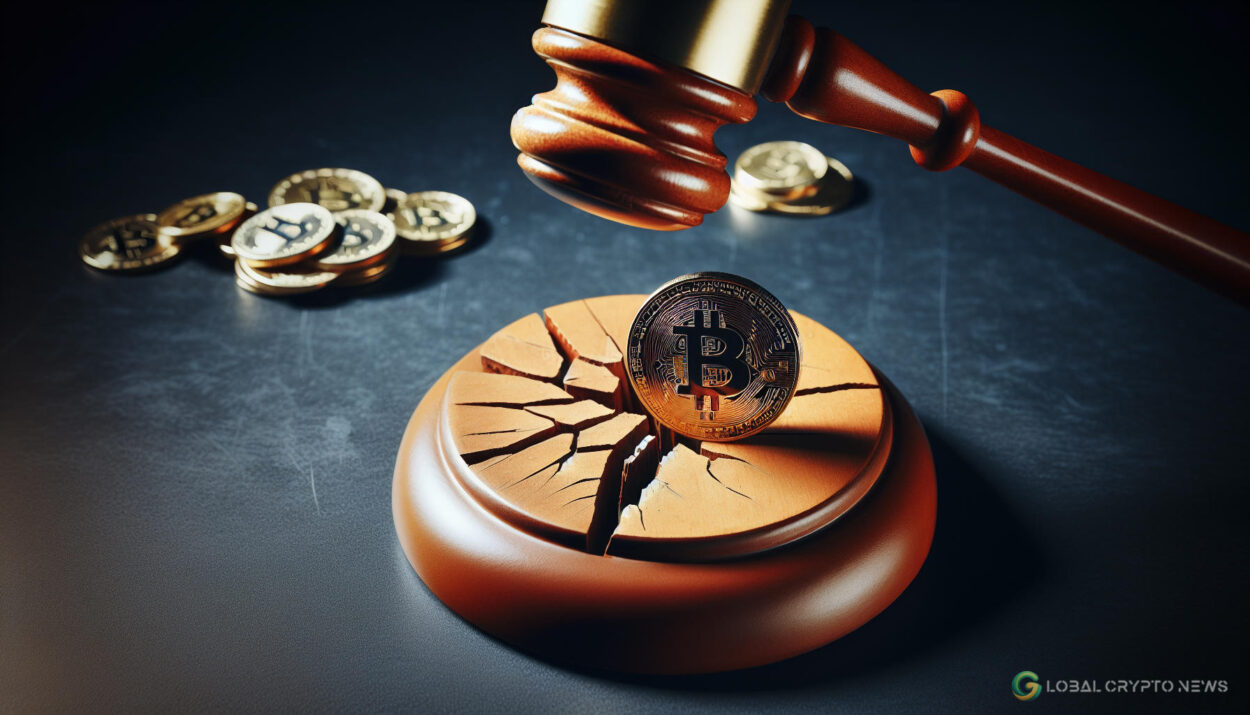Florida Shelves Strategic Bitcoin Reserve Plans Amid Legislative Stalemate
Florida has decided to put plans for a Strategic Bitcoin Reserve on hold, effectively shelving two key bills that would have allowed public funds to be invested in Bitcoin. This move signals a pause in the state’s efforts to integrate cryptocurrency into its financial infrastructure.
Legislative Deadlock Ends Bitcoin Reserve Proposal
On May 3, the Florida Senate announced that both House Bill 487 (HB 487) and Senate Bill 550 (SB 550) were “indefinitely postponed and withdrawn from consideration.” The state’s legislative session had concluded a day earlier without a vote on either bill, putting an end to the proposal despite initial progress.
Key Details of HB 487 and SB 550
HB 487, titled “Investments of Public Funds in Bitcoin,” was introduced in February 2023. It gained traction after passing its first committee hearing unanimously on April 10. The bill proposed allowing the state’s Chief Financial Officer and the State Board of Administration to allocate up to 10% of public funds—such as the General Revenue Fund and Budget Stabilization Fund—into Bitcoin.
HB 487 also outlined provisions for lending Bitcoin and utilizing it in exchange-traded products, while emphasizing strict custody and compliance requirements to ensure secure management of these digital assets.
SB 550, the companion bill filed simultaneously, mirrored the goals of HB 487, aiming to authorize similar investments from Florida’s state funds. Despite their alignment, neither bill progressed beyond the committee stages before the legislative session adjourned.
Florida Joins Other States in Halting Bitcoin Reserve Efforts
Florida now joins a growing list of states whose Bitcoin reserve initiatives have failed to gain legislative approval. States such as Wyoming, South Dakota, North Dakota, Pennsylvania, Montana, and Oklahoma have all seen similar proposals stall or face rejection in recent months.
Oklahoma’s HB 1203, for instance, advanced through multiple legislative steps but was ultimately voted down in committee due to bipartisan concerns. These setbacks highlight the challenges states face in integrating Bitcoin into public finance, despite rising interest in cryptocurrencies as potential tools for inflation hedging and treasury diversification.
Arizona Leads the Effort but Faces Obstacles
While Florida’s efforts have faltered, Arizona remains at the forefront of this movement. On April 28, Arizona’s legislature passed SB 1025 and SB 1373 to establish a Strategic Bitcoin Reserve. However, Governor Katie Hobbs vetoed SB 1025 shortly afterward, citing concerns about digital assets being “untested investments” and potential budgetary risks.
Despite the veto, Arizona continues to push forward with other active bills. HB 2749 proposes a budget-neutral reserve funded by profits from unclaimed property, while SB 1373 aims to allow up to 10% of state funds to be invested in digital assets.
What This Means for Bitcoin Adoption in Public Finance
The retreat by multiple states, including Florida, underscores the cautious approach lawmakers are taking toward integrating Bitcoin into public treasuries. While some view cryptocurrency as a progressive way to modernize public finance and reduce reliance on fiat currencies, others remain wary of its volatility and regulatory uncertainties.
For now, states like Florida and Oklahoma are stepping back from Bitcoin reserve initiatives, but the ongoing efforts in Arizona suggest that the idea of cryptocurrency-backed treasuries is far from dead.
Key Takeaways for Investors:
- Bitcoin remains a topic of interest among lawmakers, but legislative hurdles persist.
- State-backed Bitcoin reserves face challenges related to volatility, compliance, and bipartisan concerns.
- Investors should monitor developments in Arizona, as it continues to explore cryptocurrency-backed treasury solutions.
As states grapple with the complexities of integrating digital assets into public finance, the broader implications for cryptocurrency adoption remain a focal point for investors and policymakers alike.






















